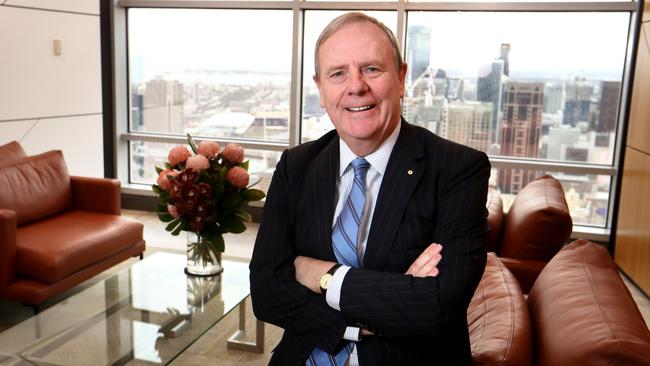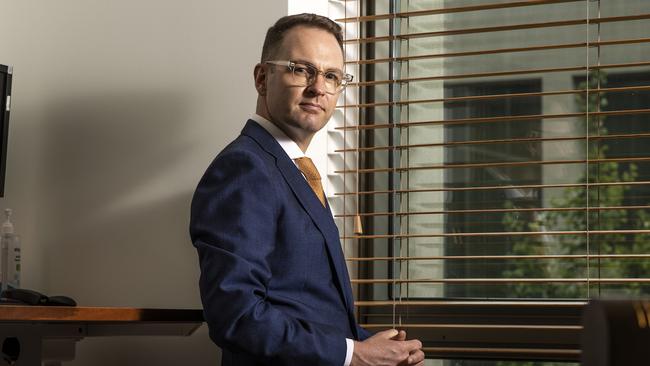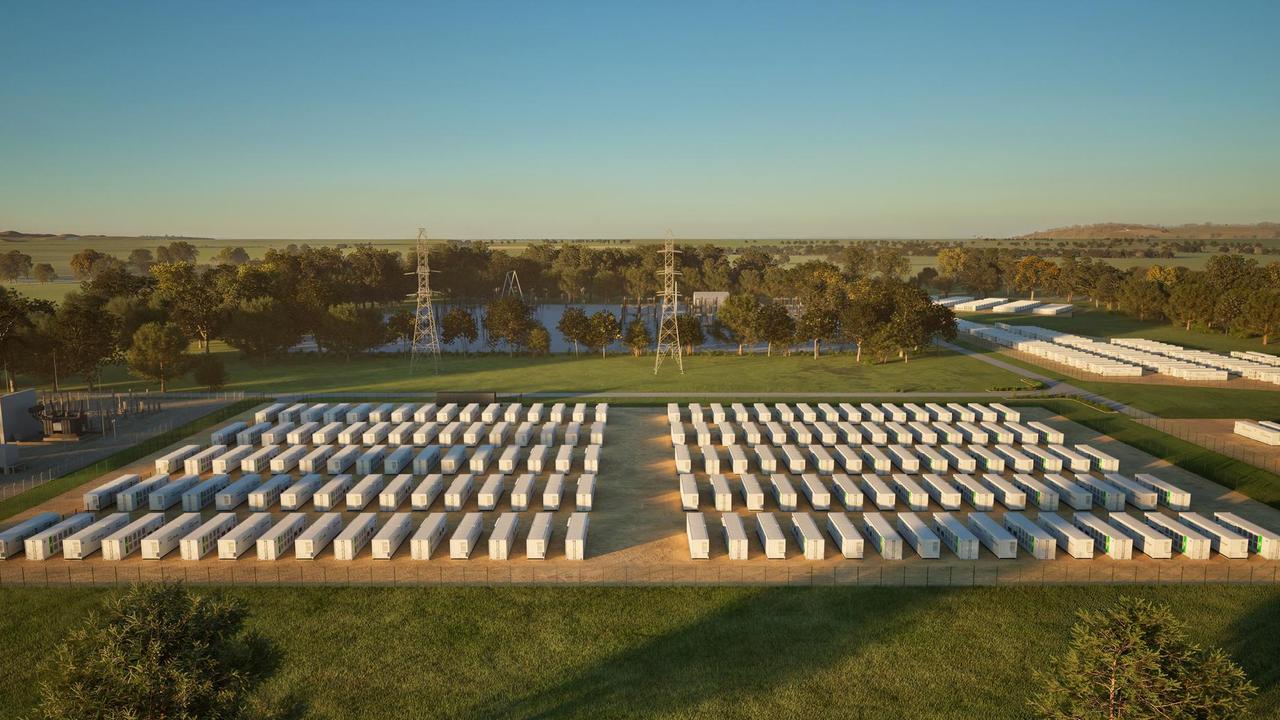Industry funds slam call to ‘nationalise’ super through Future Fund managed default fund
Industry Super Australia is pushing back against calls to have the government’s Future Fund manage superannuation contributions.

Business
Don't miss out on the headlines from Business. Followed categories will be added to My News.
Industry Super Australia is pushing back against calls for the retirement savings of Australians who do not nominate a superannuation fund to be managed by the government, saying it could lead to political pork-barrelling while leaving retirees worse off.
The idea of handing the management of default super contributions over to the government’s $200bn Future Fund has been floated by Morrison government ministers in the past and recently renewed in a discussion paper by Senator Andrew Bragg.
But Industry Super Australia, which represents the not-for-profit sector, claims in a new study that a single default fund would “nationalise” aspects of the superannuation system, lead to lower returns and risk retirement savings being invested in political projects.
“This plan would funnel millions of Australian workers into an expensive and poor performing government-controlled super fund – all so politicians can get their hands on people’s money,” Industry Super Australia CEO Bernie Dean said.
“Workers’ savings would become a slush fund for pork-barrelling by politicians chasing votes rather than investment returns.”
Supporters of the Future Fund plan argue that a single national default fund can charge lower fees than the various MySuper products that manage around $900bn in unallocated retirement savings by removing duplicated costs.
They also argue it can outperform other super funds, given its track record of strong returns.
While acknowledging that the Future Fund has performed well, with returns of 9.9 per cent per annum in the last five years compared to 9 per cent for MySuper products, ISA believes the comparison “is not comparing apples with apples” as the Future Fund doesn’t have the cost base of a super fund.
“Converting the Future Fund to a super fund would come with greater complexity and cost, meaning greater costs for members,” ISA said.
ISA believes the Future Fund would have a cost structure similar to the Commonwealth Superannuation Corporation’s Public Sector Accumulation Plan (PSSap) for public sector employees, which charges higher fees than many MySuper products.
The average fee over five years for the best-performing 25 per cent of MySuper products was 0.91 per cent, compared with 1.22 per cent for the PSSap.
When factoring in additional costs, the ISA claims that the Future Fund would provide members with a five-year average return of 8.1 per cent per annum, compared to 9 per cent with all MySuper products and 12 per cent for a top-performing MySuper product.

“A 30-year-old earning the median wage would be $126,500 worse off at retirement if they had their money in the Future Fund default rather than a top performing industry MySuper product,” ISA said.
Senator Bragg said it was unlikely that the bulk of MySuper products would outperform the Future Fund, pointing out that it achieves its strong returns without the regular contributions super funds enjoy.
“The Future Fund has beaten the average super fund over the long term,” he said.
“This comparison isn’t perfect because the Future Fund doesn’t get the benefit of regular contributions like the super cartel. But equally, the Future Fund doesn’t pay tax.”
His discussion paper claims that a Future Fund default would have low fees, pointing to major Swedish state-run pension funds that maintain management costs below 0.1 per cent of total assets.
Grattan Institute economic policy program director Brendan Coates said a government-run default fund could be run cost-effectively. “There are models globally where a single national fund works pretty well, like Sweden.”
“The clear thing is that it would have economies of scale so that’s going to reduce its costs over time potentially compared to some of the options we have now where the sector is – despite quite a bit of consolidation – probably still sub-scale, you’ve got a lot more funds than you would expect to have.”
More Coverage
Originally published as Industry funds slam call to ‘nationalise’ super through Future Fund managed default fund




